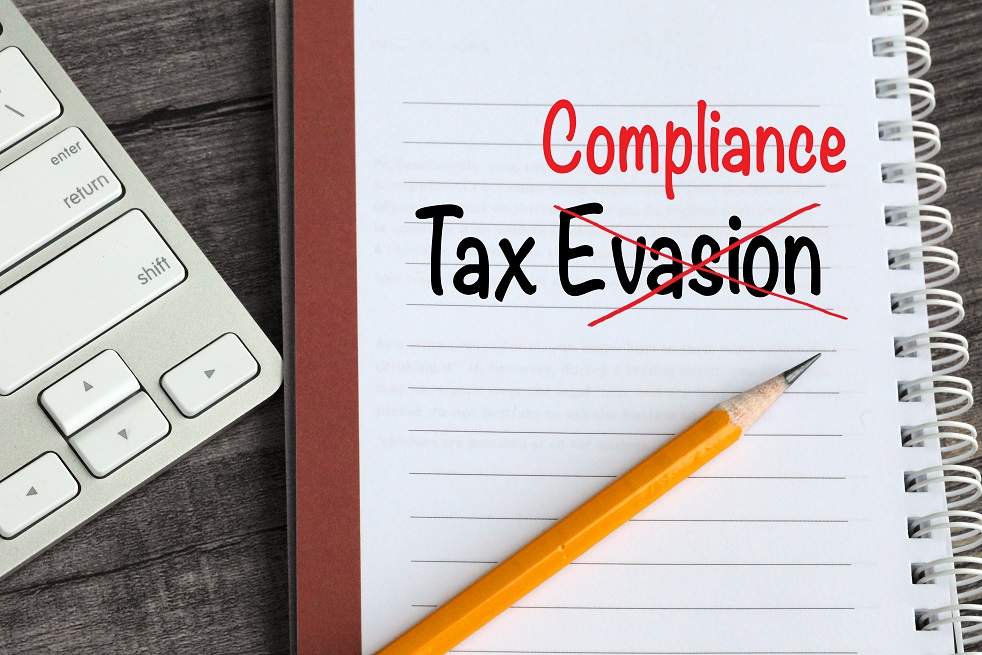
Table of Contents
Ensuring compliance with tax laws is unarguably one of the most challenging things taxpayers (both individuals and businesses) have to deal with, although it is all the more difficult for businesses. That’s because businesses are not only required to ensure compliance with federal tax laws, but they must also comply with state and local tax laws. And on top of that, the laws keep changing on a frequent basis. This adds to the misery of the taxpayer, who has to keep up with the changes or run the risk of incurring huge penalties. The worst part is that despite the IRS’s complex and cumbersome tax compliance requirements, taxpayers have little respite for any instance of non-compliance. No wonder, several business owners in Texas rely on Dallas tax attorneys to ensure tax compliance and avoid any major IRS tax problems. Continuing the discussion, here are a few things business owners must ensure to stay compliant with the IRS tax laws. Let’s take a look.
Ensuring Compliance With the IRS Tax Laws
Here are some of the critical things businesses must do to stay compliant with the Tax Code
1. Obtain Employer Identification Number (EIN)
An Employer Identification Number (EIN), also known as Federal Tax Identification Number, is a number with which the IRS identifies a business entity. It is the first thing a business (except a few) is required to obtain as soon as it gets registered as a legal business entity. Click here to find out if you require an EIN.
Blog Related Post: Federal Tax Liens Vs Mortgage: Which One Takes Priority?
2. Pay The Required Taxes
All business entities are required to pay certain taxes to the federal and state governments. The type of taxes differs based on the type of business entity. Here are some of the most common types of business taxes companies need to pay.
- Income Tax
- Estimated Tax
- Self-Employment Tax
- Employment Tax
- Excise Tax
3. File Timely Returns
The due date of filing a tax depends on the type of tax that needs to be filed and the type of entity that is filing the return. For instance, most businesses are required to file their income tax returns by April 15 of every financial year. The date may, however, differ for some business entities. The exact date is mentioned in the instructions section of the form used for filing the tax return. Similarly, employment taxes that are filed quarterly have due dates of April 30, July 31, October 31, and December 31, whereas, employment taxes that are filed annually have a due date of January 31.
Blog Related Post: What Is an IRS Tax Attorney?
4. Maintain Proper Records
Maintaining proper records not only makes tax filing easy, but it is also of great help when a business receives an IRS notice or is selected for tax audit. The IRS requires businesses to keep records of everything that has anything to do with income, deductions, credits, filing tax returns, etc. The time duration of maintaining a record usually differs anywhere between 3 and 7 years, on a case-to-case basis.
Last Word
Failure to comply with tax laws can lead to various sanctions from the IRS, including penalties. Many business owners, therefore, rely on experienced IRS tax attorneys for their tax-related issues. If you are facing any IRS tax problems or need help with the management of your company’s tax-related matters, look no further than the Law Offices of Nick Nemeth. Our team of experienced Dallas tax attorneys is here to assist you with IRS tax compliance issues and a range of other IRS tax problems. To learn more about how our tax attorneys in Dallas, TX, can help, call (972) 484-0829, or fill out our Contact Form, and we’ll take it from there.


